While both serve similar purposes to ensure unrestricted access to sites while ensuring privacy, there are some fundamental aspects where they differ from each other.
Proxy and VPN servers offer many interesting features, opening up the whole world of the Internet to you. But each of them has its own set of benefits and limitations.
Sometimes using proxies seems like a better deal and sometimes it’s a VPN. It may also apply based on your preferences, needs and budget.
There are many factors which will decide which one will suit whom.
What is a proxy server?
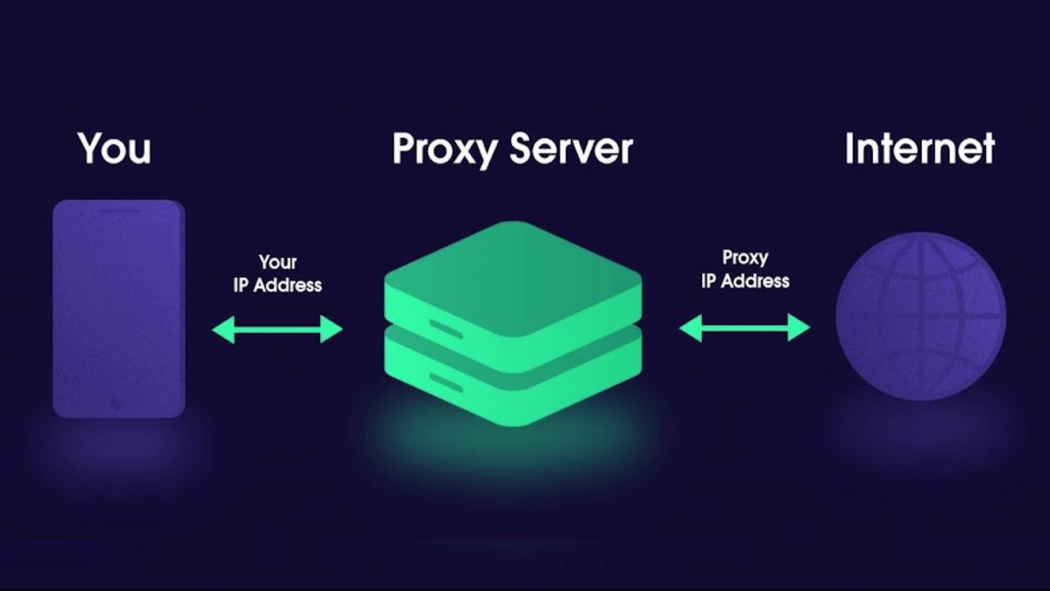
A proxy server or proxy server acts as a bridge or gateway between you and the Internet. When you browse the Internet for certain sites, proxies communicate with the site on your behalf to allow access.
The proxy server accepts incoming requests from clients and forwards them to the target server. It is able to do this by separating the web server and client system from the network. Provides different levels of security, privacy, and functionality depending on your needs, company policy, or use cases.
Moreover, the proxy server acts as a web filter and firewall that provides cached data and shared network connections to speed up multiple requests. It has two main goals — preserving anonymity and accelerating access to any resource through caching.
What is a VPN?
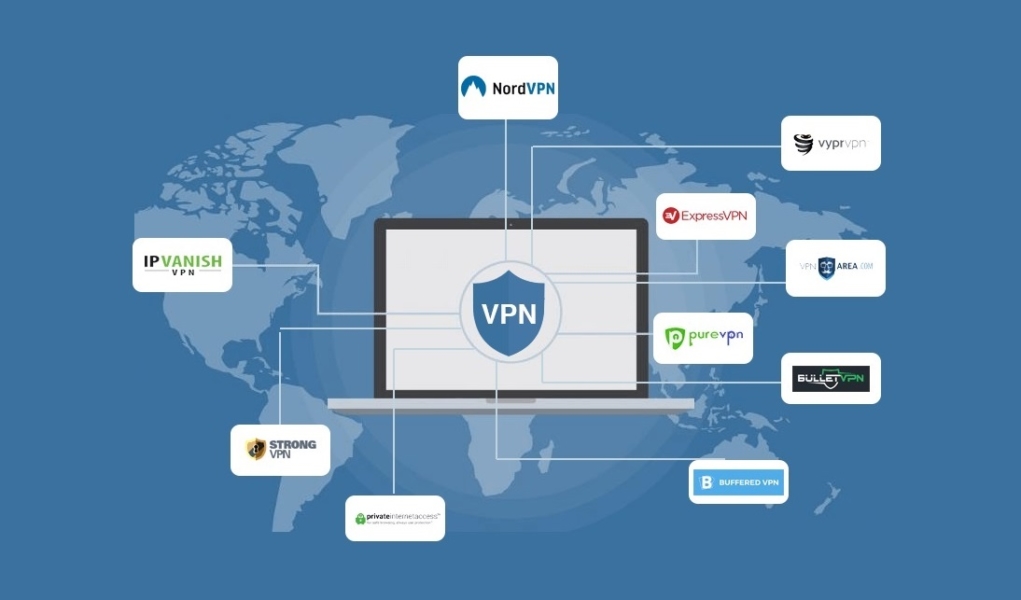
A virtual private network (VPN) provides a protected network connection between your users and the Internet. It encrypts your internet traffic and hides your online identity or IP address and location. This way, it will be difficult for parties and third parties to recognize you, track your online activities or steal your data.
Because no one likes to be followed, even with nothing to hide; A VPN is a step up in the privacy game. By using a VPN, you can create your private network using a public internet connection while maintaining anonymity and privacy on the internet.
A VPN builds a tunnel between your on-premises network and an exit node at various locations that may be thousands of miles away. This allows you to access any website regardless of your location.
For example, if you’re in a country that restricts certain sites, you can access those sites from another location in your hometown by using a VPN.
Whether you’re on a public Wi-Fi network, want to access whatever content you want, stay safe and anonymous, or you’re a casual gamer, VPN is for you. It enables a secure and stable connection to the VPN tunnel with easy access. Not only does it hide you from your Internet Service Provider (ISP), it also secures your entire internet connection and helps protect you from cyber attacks.
Similarities between proxy and VPN
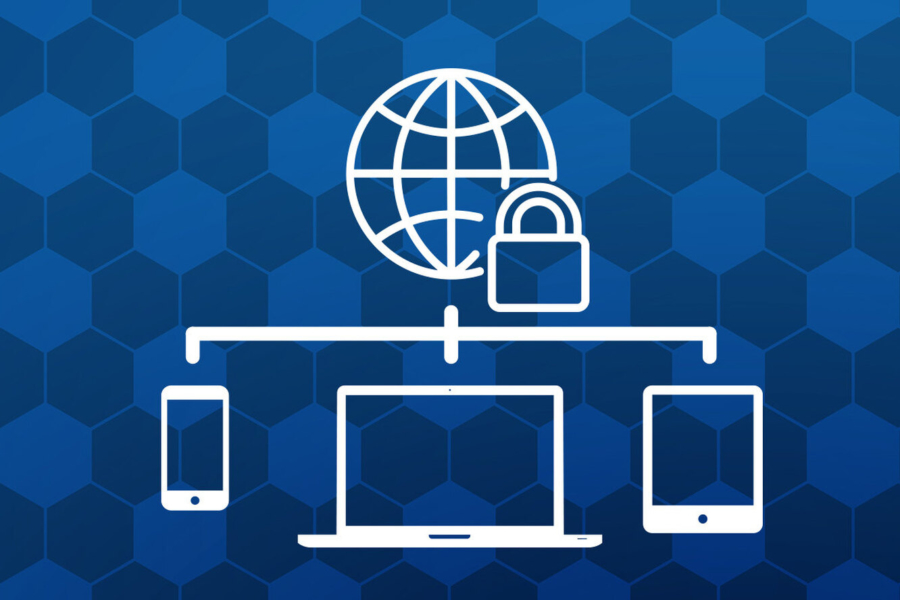
Both VPNs and proxies hide your IP address from others to help you stay anonymous while browsing websites and apps.
They both will help you bypass geo-restrictions so you can access any site or data from around the world.
Proxies and VPNs act as an intermediary between your device and the rest of the network.
They are compatible with game consoles and streaming services. You need SOCKS5 for the proxy servers.
Both can slow down your internet speed a bit when your request is sent through intermediaries.
Benefits of a proxy
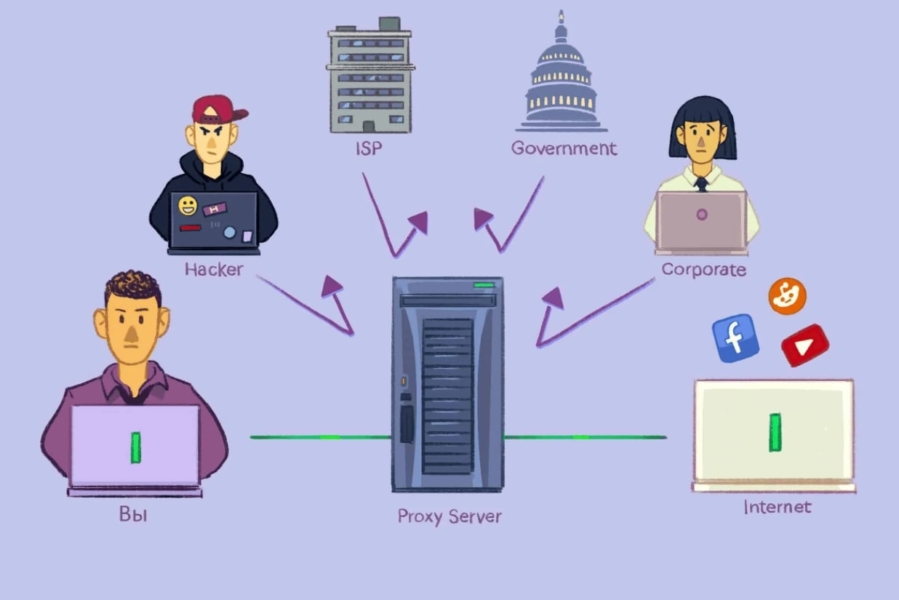
Easy to set up: Most proxies require little setup. Just enter the URL of the website you are trying to visit and the proxy will land there in the same browser window, without installing any software.
Privacy: Proxies hide your IP address so the website you are visiting does not recognize your real IP address. This allows you to remain anonymous and visit any site.
Bypassing geo-restricted sites: You can access geo-restricted websites and content with proxies no matter where you are.
Profitable: Many proxies are free, and paid proxies can be found for around $ 5 per month; therefore it is profitable.
Control: You can configure the proxy server to deny access to certain websites in order to control the use of the network by your employees.
The benefits of a VPN

More security: By offering end-to-end encryption, VPNs keep your connection secure. This helps keep you protected from attacks, malware, etc.
Privacy: VPNs offer a higher level of privacy by hiding your IP address while keeping you anonymous. Consequently, the websites do not recognize your real IP address. Even your government, router, and ISP cannot know what site you are visiting.
Advanced Features: You can get many advanced features from VPN providers such as kill switches, ad blockers, etc to further protect your security and privacy.
More coverage: Since it’s deployed on your device, a VPN offers more coverage, even for apps running on your device in the background.
Speed: You can achieve high speeds with paid VPNs from reputable vendors using high technology.
Bypass geographic restrictions: You can visit any site from all over the world, bypassing geographic restrictions. Therefore, even if the site is blocked in your country, you can still use it through a VPN.
Support: Since VPNs are mostly offered by large companies, they can offer dedicated support should you run into a problem.
Proxies vs VPNs: When to Use Them
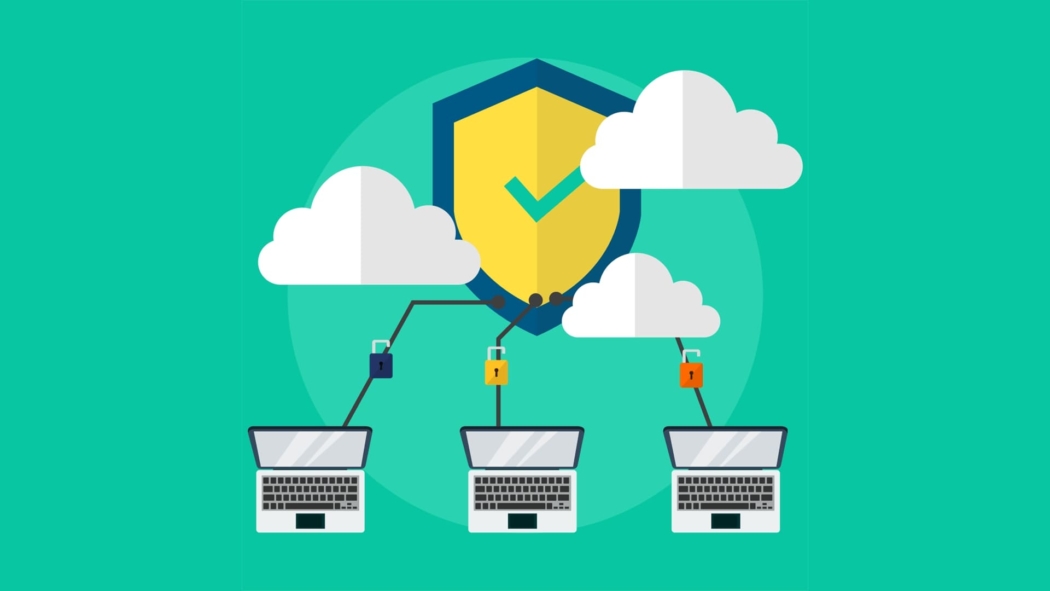
Use a proxy server:
- If you only want to stream restricted content in your country or region.
- Play online video games while remaining anonymous.
- You don’t have a large investment budget.
Use a VPN:
- If you are very concerned about data security and privacy while browsing the Internet
- You use public Wi-Fi to carry out your online activities.
- You want to bypass geo-restrictions and access websites, stream videos and play games without revealing your real IP address.

















